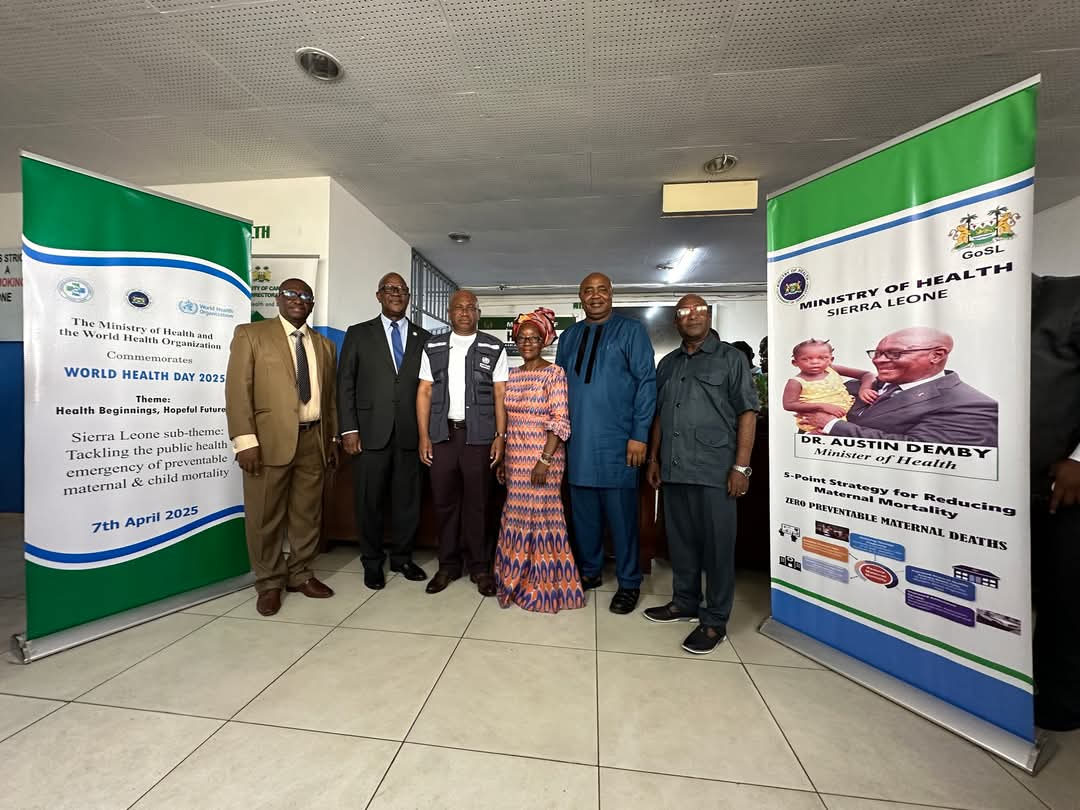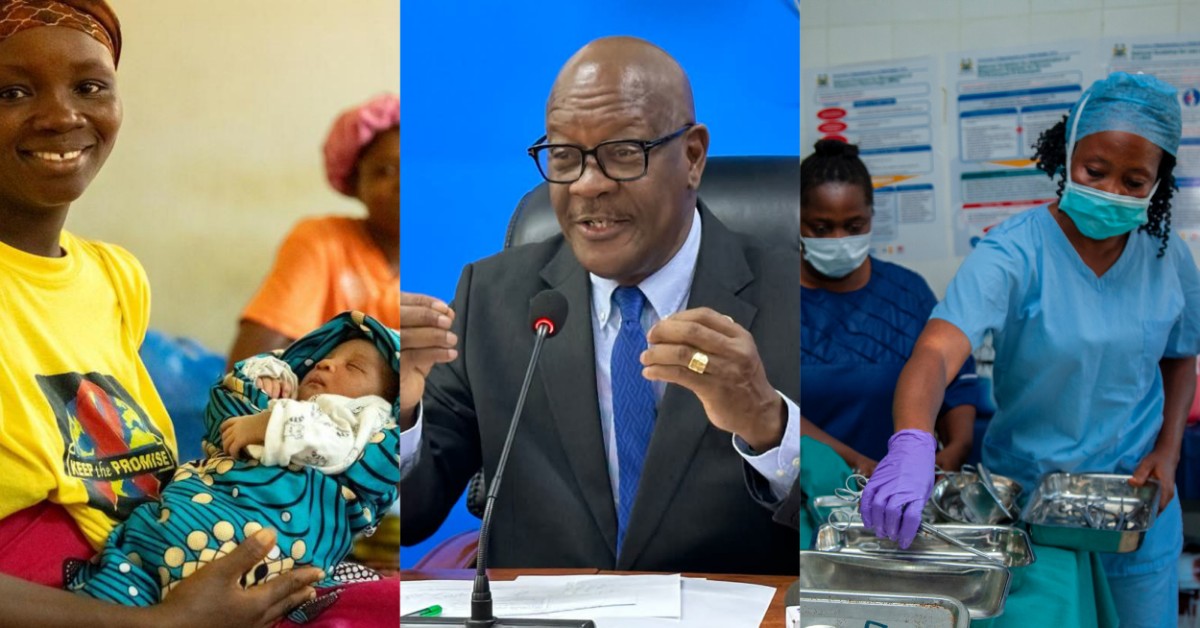Sierra Leone is celebrating a notable achievement in its ongoing efforts to improve maternal health, with newly released data endorsed by the World Health Organization (WHO) revealing a significant decrease in the maternal mortality rate.
The figures show a drop from 443 to 354 deaths per 100,000 live births in 2023, signaling positive progress for the nation.
This encouraging news comes against a backdrop of broader regional analysis highlighting both progress and persistent challenges across Africa. While the African region has witnessed a 40% decline in maternal deaths since 2000, falling from 727 to 442 deaths per 100,000 live births, it still tragically accounts for 70% of all maternal deaths globally. Each year, an estimated 178,000 mothers and 1 million newborns die in the region, many from preventable causes.
The global figures underscore the urgency of the situation, even as Sierra Leone demonstrates a positive trajectory. The United Nations Maternal Mortality Estimation Interagency Group warns that the current annual reduction rate in Africa of 2.2% is insufficient to meet the Sustainable Development Goal (SDG) target of fewer than 70 maternal deaths per 100,000 live births by 2030. At the current pace, the region is projected to have nearly 350 maternal deaths per 100,000 live births by the target year – five times higher than the desired outcome.

Similarly, while stillbirth and neonatal mortality rates in sub-Saharan Africa have decreased by roughly 30% since 2000, the region still accounts for a disproportionately high percentage of global deaths in these categories.
This year’s World Health Day, themed “Healthy Beginnings, Hopeful Futures,” serves as a powerful call to action for governments, donors, and communities to intensify efforts to end preventable maternal and newborn deaths and to prioritize the long-term well-being of women and children.
Dr Chikwe Ihekweazu, Acting WHO Regional Director for Africa, emphasized the critical need for continued investment, stating, “In too many places, pregnancy and childbirth are still life-threatening events. But it doesn’t have to be this way. Every dollar invested in maternal and newborn health delivers major returns: healthier families, stronger societies and sustainable economic growth.”
However, the positive strides made in Sierra Leone and across the region are facing potential headwinds. The global report highlights key barriers to further progress, including inadequate financing and the threat of funding cuts to maternal health programs. These challenges, coupled with weak governance, health workforce shortages, and recurring crises like disease outbreaks and conflicts, risk disrupting essential maternal and child health services. Fragile and crisis-affected settings are particularly vulnerable.
Leading causes of maternal deaths in the African region, including haemorrhage, hypertensive disorders, infections, unsafe abortion, and obstructed labour, are largely preventable or treatable with timely, quality care. Similarly, preterm births, complications during childbirth, sepsis, neonatal infections, and congenital anomalies are major contributors to newborn deaths.
Despite these challenges, the Ministry of Health, led by Dr. Austin Demby, is committed to further reducing maternal deaths.

The government is focused on mobilizing additional resources from both domestic and international partners, as well as working closely with the private sector to enhance the quality of healthcare services. Dr. Demby and his team are determined to ensure that no woman dies during pregnancy, childbirth, or after delivery from preventable causes.
The WHO is actively supporting countries across the region, including Sierra Leone, in implementing various interventions. These include developing and implementing maternal and newborn health acceleration plans and antenatal and postnatal care guidelines. Efforts are also focused on increasing access to skilled health personnel at birth and emergency obstetric care, expanding special care for newborns, and addressing the social and economic factors driving health inequities.
Encouragingly, over 60% of countries in the African region now report that over 80% of births are attended by skilled health personnel, a significant improvement from 28% in 2010. However, disparities persist, particularly in rural and crisis-affected areas.
World Health Day 2025 marks the commencement of a year-long campaign aimed at galvanizing investment and momentum in maternal and newborn health. Through stronger collaborations, increased accountability, and decisive leadership, the WHO and its partners are striving to create a future where no woman dies while giving life, and every child has the opportunity to thrive.











